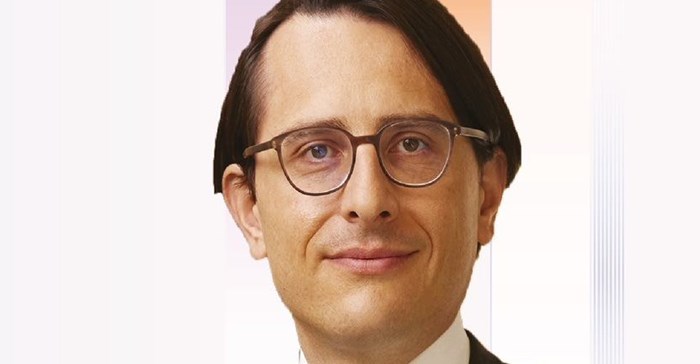
Top stories






More news


Marketing & Media
Ads are coming to AI. Does that really have to be such a bad thing?














Roche has been a family-owned company since its inception – starting in 1896, when Fritz Hoffmann’s vision of an industrial healthcare company that could manufacture medicines of consistent quality, became a reality.
Today – within Pharmaceuticals and Diagnostics - Roche employs more than 100,000 people across more than 100 countries; with over 800 of those employees located across Africa; to help benefit the health of millions, working with a large network of external partners.
The company has always continued to evolve, from the synthesis of vitamins and discovery of breakthrough anti-cancer agents, to the recent development of Covid-19 tests.
In 2020 alone, 28.9 million patients were treated with Roche medicines and 23.4 billion tests were conducted with Roche Diagnostics products.
Over the past 125 years, Roche’s mission has been to improve people’s health through a commitment to go where the science takes it. Advances have been made in oncology, immunology, ophthalmology, infectious diseases and neuroscience through continued investment in research and development.
The diagnostics division is also transforming the way diseases can be prevented, diagnosed and monitored.
To drive skills development within diagnostics in South Africa and the African continent, the Roche Scientific Campus was opened in Johannesburg, and aims to alleviate capacity challenges by providing: training courses for lab technologists and engineers; general lab management training for managers and policymakers; and education on health and scientific topics for healthcare professionals and scientists.
Since 2012, more than 8000 people have been trained at the Roche Scientific Campus.
“Recognising that diagnostics is an integral component for functioning health systems, in 2014 we launched the Global Access Program to enable access to reliable testing solutions for patients in low- and low-middle income countries,” says Alan Yates, general manager Ad-interim South Africa & SADC, Roche Diagnostics.
“Roche’s long-standing reputation of driving innovation has for 125 years improved outcomes for patients around the world through continually advancing the standard of care in multiple disease areas.
With a footprint in Africa for more than 70 years, our commitment to continuing to do now what African patients need next is stronger than ever,” says David Gibbons, general manager, Roche Pharmaceuticals Southern Africa.
“Our recent investment in our brand new research and development, and manufacturing facility in Cape Town, demonstrates Roche’s commitment to our employees, customers and patients across South Africa, Africa and the rest of the world. Our site’s vision is to become a dentre of excellence for next-generation genetic sequencing, and to act as a conduit for Roche on the continent through the building of capacity and technical capabilities of researchers and scientists in Africa,” says Clive Ernstzen, general manager, Roche Diagnostics Cape Town site.
“At a time when expectations for businesses - particularly those in the health sector – are changing, we remain committed to co-creating, partnering and increasing access to healthcare across Africa,” says Susan Snell, head of Cluster MEA 3, Diabetes Care.
The ongoing global pandemic has shown that patients worldwide can benefit from healthcare companies and other partners collaborating together. At Roche, we are working toward a future where every African can access world-class healthcare.
To do this, we commit to co-creating solutions with stakeholders across the healthcare ecosystem to strengthen health infrastructure, increase sustainable funding and enable access to innovative diagnostics and treatments.
Together, we can achieve a healthier future for all Africans.